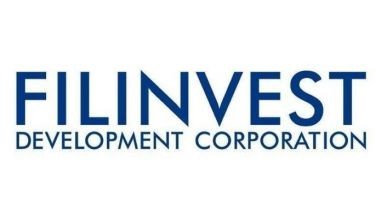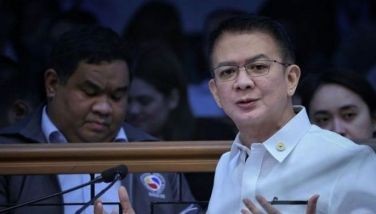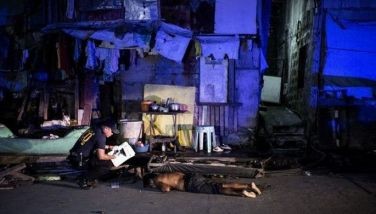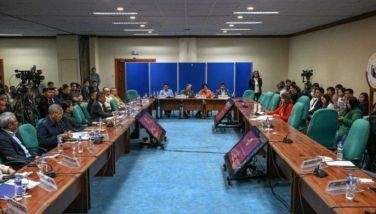Tighter rules on radioactive waste sought
MANILA, Philippines — An environment advocacy group is urging the government to further tighten regulations on the treatment and recycling of radioactive wastes, particularly used lead acid batteries (ULAB), to protect the people and environment from the harmful effects of illegal recycling.
Youth-based environment advocate SEEDS PH said there should be a continued and proactive engagement with the government, and other stakeholders to ensure that ULABs are well regulated.
“This is an opportunity to initiate a nationwide campaign to work with communities and organizations in crafting a national policy on the treatment and recycling of radioactive wastes, and the creation of occupational safety and health standards for ULAB recycling facilities that will protect both workers and its surrounding communities,” the group said.
SEEDS PH executive director Dhel Pulanco said the country must take aggressive action toward the promotion of the proper recycling and treatment of ULABs.
“There are existing state-of-the-art technologies that can recycle them into new car batteries that can reduce costs for consumers and vehicle owners. It can also protect the environment because the regulation of these smelters can prevent radioactive wastes from polluting our surroundings and causing health problems in our communities,” he said.
Recently, SEEDS PH partnered with Pure Earth Philippines in conducting a new round of lead-pollution contamination tests in San Simon, Pampanga and other areas of the country where recyclers of ULAB and lead smelters are operating without necessary permits from the concerned national and local government units.
The environmental group invited Pure Earth to a “coordinated site visit to all of the reported smelting facilities in order to determine their status and to assess, if any, the radioactive wastes present.”
According to its website, Pure Earth has been identifying and tackling toxic pollutants in the Philippines since 2008 through assessments of contaminated sites; pilot remediations, multi-stakeholder coordination, education, and industrial process reviews.
To date, over 150 toxic sites have been assessed, and more than 25 percent were lead-contaminated.
In addition to these assessments, Pure Earth has worked on the ground in priority areas, such as areas where ULAB recycling is prevalent – developing plans and implementing cleanup projects.
Dr. Monet Concepcion Maguyon-Detras, who heads Pure Earth’s campaign in the Philippines, said they have accepted the invitation of SEEDS PH for the joint undertaking.
Under the partnership, Pulanco said they would initially test the water and soil in Global Aseana and its surrounding areas for lead pollution.
In a letter to Pure Earth, Pulanco noted a report made by Federation of Philippines Industries chairman Jesus Arranza stating that ULAB recyclers and smelters have been operating illegally in several areas in the country, including Valenzuela, Bulacan, Pampanga, Tarlac, Cavite, Cebu, Bacolod and Davao.
Meanwhile, the Department of Environment and Natural Resources (DENR) commenced a crackdown against lead smelters in September upon orders from Malacañang.
- Latest
- Trending































